Europe wants nuclear and conflict free Middle East
Adelina Marini, March 19, 2010
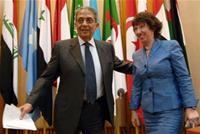 A little less than a year after president Obama held a speech in the ancient Al-Azhar university in Cairo (June, 4th 2009), the first EU High Representative for Foreign Affairs, almost equal to a foreign minister - baroness Catherine Ashton, also held a speech in the Egyptian capital. However, she chose to speak not in Al-Azhar university but in the Arab League headquarters.
A little less than a year after president Obama held a speech in the ancient Al-Azhar university in Cairo (June, 4th 2009), the first EU High Representative for Foreign Affairs, almost equal to a foreign minister - baroness Catherine Ashton, also held a speech in the Egyptian capital. However, she chose to speak not in Al-Azhar university but in the Arab League headquarters.
Not only the selection of the place for sending messages was different between 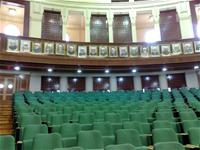 the two Trans-Atlantic partners, but their content too. For example, president Obama spent a lot of time in his 54-minute message to Islam and the acceptance of its existence. Then he set the American priorities in the following order: Afghanistan, Iraq, the conflict between Israelis and Palestinians, Iran, religious freedom, women's rights, economic development.
the two Trans-Atlantic partners, but their content too. For example, president Obama spent a lot of time in his 54-minute message to Islam and the acceptance of its existence. Then he set the American priorities in the following order: Afghanistan, Iraq, the conflict between Israelis and Palestinians, Iran, religious freedom, women's rights, economic development.
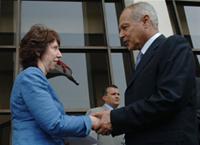 Unlike the American president, Catherine Ashton spoke briefly and outlined much less problems the EU wanted to commit to solving. First, according to her, was Iran's nuclear programme and, especially, Tehran's reluctance to participate in negotiations. "This is a vital European interest and is central to the solution of other problems in the region".
Unlike the American president, Catherine Ashton spoke briefly and outlined much less problems the EU wanted to commit to solving. First, according to her, was Iran's nuclear programme and, especially, Tehran's reluctance to participate in negotiations. "This is a vital European interest and is central to the solution of other problems in the region".
The conflict between Israelis and Palestinians was addressed very much in detail by Europe's High representative. The European target is the co-existence of two states - Israel and Palestine on the West bank, including East Jerusalem and the Gaza strip, based upon 1967 borders. "Europe is also ready to take its responsibility. The European Union will continue to support Palestinian institution building. But this must not come at the expense of the peace process. Institution building must facilitate the peace process and not replace it".
The EU will continue to take part in the region in the following four areas:
- support for the parties in their negotiations, based upon Europe's clear position (as outlined above);
- the European Union is ready to extend its package of assistance. Such a commitment, however, will not be open-ended but against results;
- the European Union is ready to consider providing further political, financial and security guarantees to facilitate the peace process;
- the EU wants to develop a closer partnership with those that are key to the talks, including with the United States and a reinvigorated Quartet. According to Ashton, the Quartet meetings should be regular.
In conclusion the baroness said that the time was right to move from conflict management to conflict resolution, involving the whole region of the Middle East. "Peace is necessary, it is urgent and it is achievable. I am here standing before you to add the full weight of the European Union to reaching this goal", Ashton said in her speech at the Arab League headquarters earlier this week.
Her visit coincided with another raising of tensions in the Middle East because of 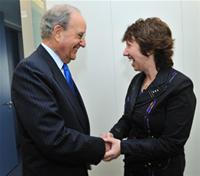 Israel's decision to continue with its settlement policy. This time, the signals from both sides of the Atlantic were the same - no. The question is, what the US and EU approaches would be from now on. Because Mr Obama said in his speech in Cairo a year ago that America's bond with Israel was strong and would remain like that. It is this bond that appears to be a serious hurdle for the Arab nations in the region to make bolder concessions.
Israel's decision to continue with its settlement policy. This time, the signals from both sides of the Atlantic were the same - no. The question is, what the US and EU approaches would be from now on. Because Mr Obama said in his speech in Cairo a year ago that America's bond with Israel was strong and would remain like that. It is this bond that appears to be a serious hurdle for the Arab nations in the region to make bolder concessions.
However, they are more inclined to trust Europe. The question is which one - Europe of separate countries or the EU as an entity? The answer to this question strongly dependeds on the confidence member states would give to baroness Ashton, so that the Union does not remain with good intentions only, stated so far quite strongly by the High Representative.
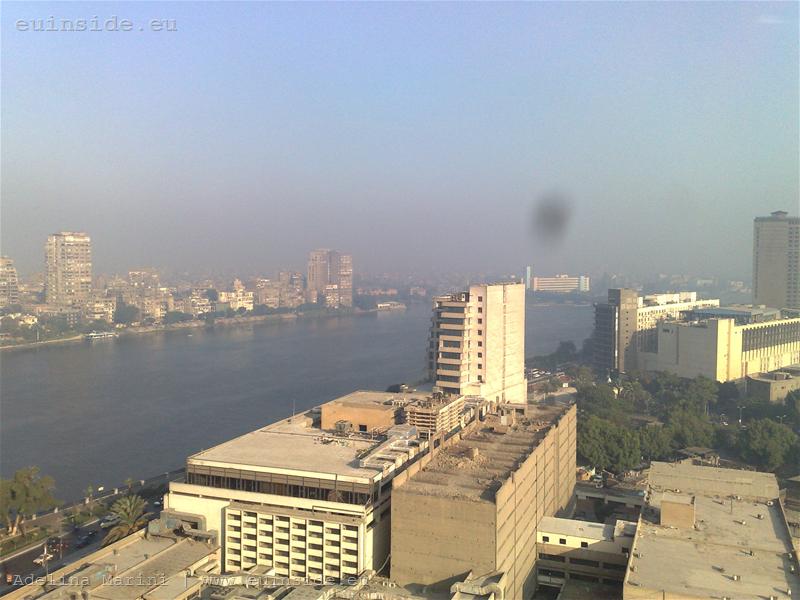 | © euinside
| © euinside | © The Council of the European Union
| © The Council of the European Union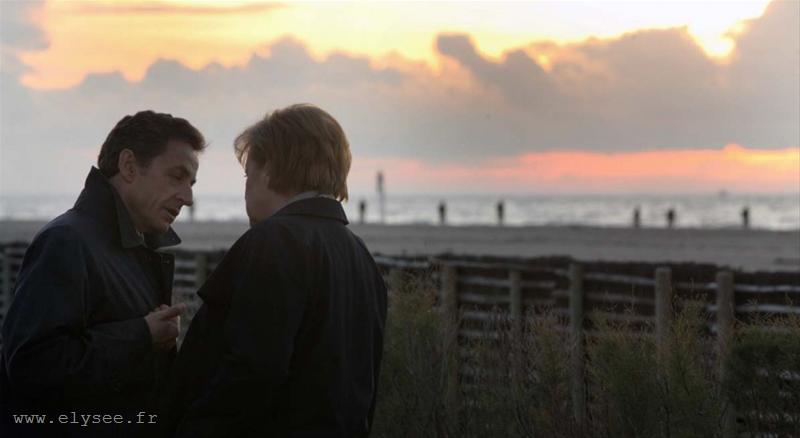 | © www.elysee.fr
| © www.elysee.fr